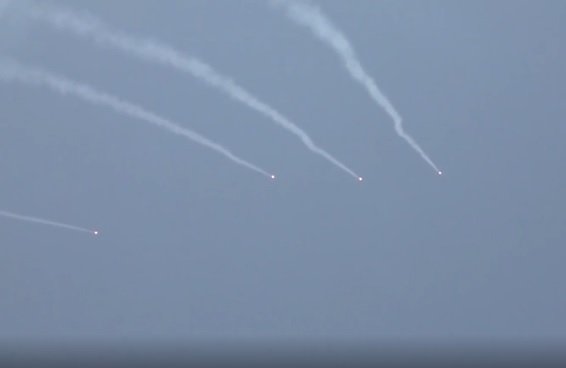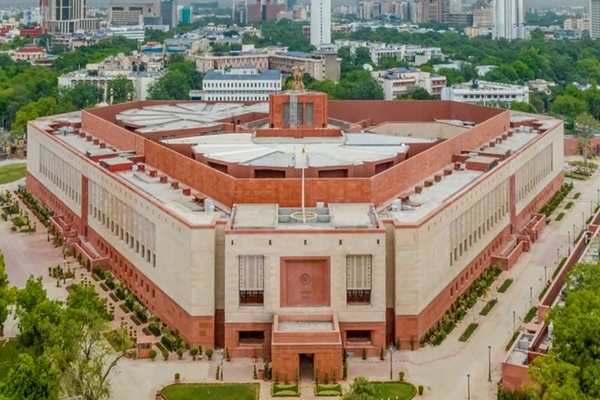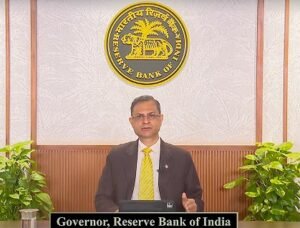
Last Updated on June 23, 2025 3:32 am by BIZNAMA NEWS
UN Security Council Holds Emergency Meeting Amid Fears of Wider Conflict in West Asia
United Nations, New York – June 23, 2025:
UN Secretary-General Antonio Guterres issued a fervent appeal for calm and diplomacy during an emergency session of the UN Security Council, convened in response to the United States’ military strikes on Iran’s nuclear facilities. The session, held at UN Headquarters in New York, underscored deep divisions among global powers and heightened concerns about a potential escalation in West Asia.
“We cannot – and must not – give up on peace,” Guterres declared, as he called for immediate action to de-escalate tensions and prevent a spiral of retaliation.
Describing the US airstrikes as a “perilous turn”, the UN chief cautioned that military escalation would only worsen the already volatile situation. He called for the protection of civilians, restraint in military actions, and the safe passage of maritime traffic in the Persian Gulf and surrounding waters.
Guterres also reiterated the urgent need for a return to diplomacy. He advocated for a “credible, comprehensive, and verifiable solution” to concerns surrounding Iran’s nuclear programme and demanded full and unhindered access for International Atomic Energy Agency (IAEA) inspectors.
Emergency Session Divides Council Members
The Security Council emergency meeting was requested by Russia, China, and Pakistan, who jointly tabled a draft resolution demanding an “immediate and unconditional ceasefire” and calling on all parties to exercise the utmost restraint.
Iran’s UN Ambassador, Amir Saeid Iravani, strongly condemned what he called “blatant US aggression”, saying that Tehran “reserves the right to self-defence under international law.” He added, “The timing, nature, and scale of Iran’s proportionate response will be determined by our armed forces.”
The United States, which launched coordinated strikes on three major Iranian nuclear facilities—including Fordow, Natanz, and Isfahan—claimed the operations were “necessary and proportionate.” However, global reactions were sharply divided.
Major Powers React: Divergent Global Responses
- Israel’s UN envoy, Danny Danon, defended the US actions, claiming the strikes “have made the world a safer place.” He dismissed the need for condemnation and said Iran had been warned for years.
- China’s ambassador, Fu Cong, condemned the strikes and urged all sides to show restraint, warning of destabilising consequences for regional peace.
- Russia’s ambassador, Vasily Nebenzya, accused Washington of “opening a Pandora’s box” and said the US had no interest in diplomacy. “The era of unilateral military actions cannot be allowed to return,” he warned.
- U.S. Ambassador Dorothy Shea maintained that Iran must not escalate. She warned that any attack—direct or indirect—on American forces or bases would be met with “devastating retaliation.”
Rising Fears of Regional Spillover
The emergency session comes amid widespread international concern that the latest US military actions could ignite a broader regional conflict, drawing in multiple actors and destabilising the Gulf region.
While the Biden administration has maintained that the airstrikes were targeted and defensive in nature, critics argue that they violate international norms and risk inflaming anti-American sentiments across the region.
Analysts also warn of serious risks to global energy security, given the strategic importance of Iran’s location and the possibility of disruption to oil shipping lanes through the Strait of Hormuz.
A Call for Diplomatic Renewal
In closing his address, Secretary-General Guterres emphasised that military actions cannot resolve the underlying tensions. He reiterated the role of the United Nations as a platform for peace and dialogue, urging the Security Council to act collectively to avert a humanitarian and geopolitical crisis.
“The path to peace lies in negotiation, not confrontation,” he said. “The international community must not allow this moment to descend into chaos.”
The draft resolution for a ceasefire is expected to be voted on in the coming days, though its passage remains uncertain amid sharp divisions among permanent Council members.





